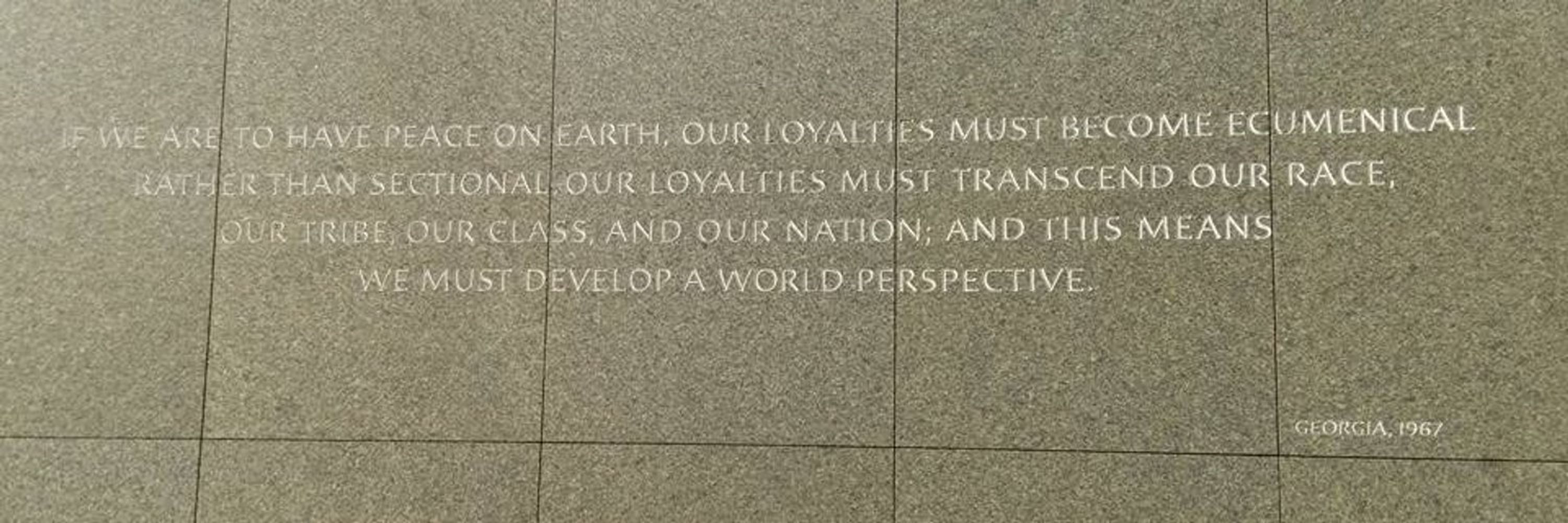
Paper: arxiv.org/abs/2501.13075

Paper: arxiv.org/abs/2501.13075
Related to @jeffclune's AI-GAs, @_rockt, @kenneth0stanley, @err_more, @MichaelD1729, @pyoudeyer
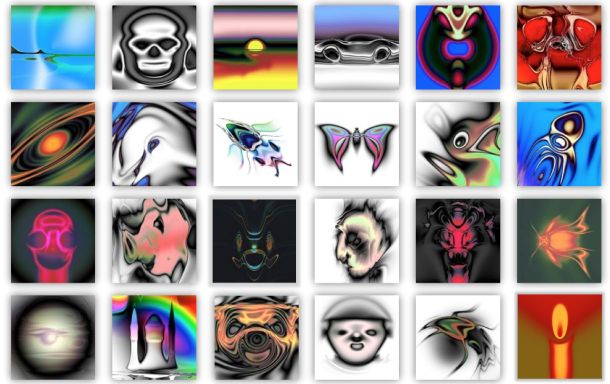
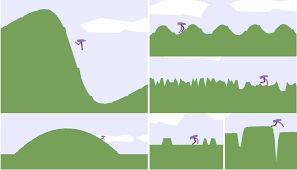
Related to @jeffclune's AI-GAs, @_rockt, @kenneth0stanley, @err_more, @MichaelD1729, @pyoudeyer
See work done by @risi1979 @drmichaellevin @hardmaru @BertChakovsky @sina_lana + many others
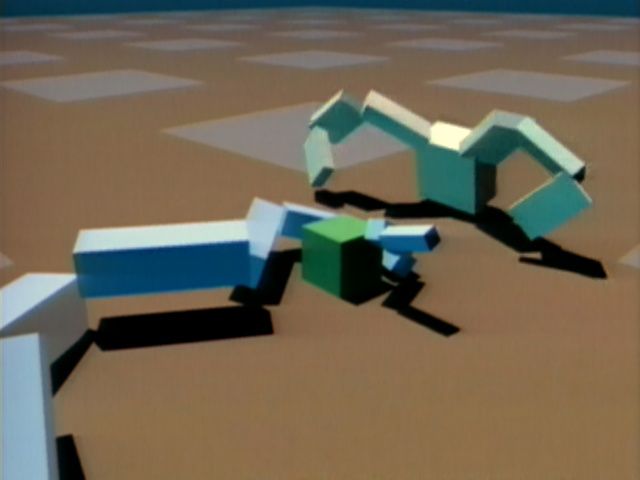
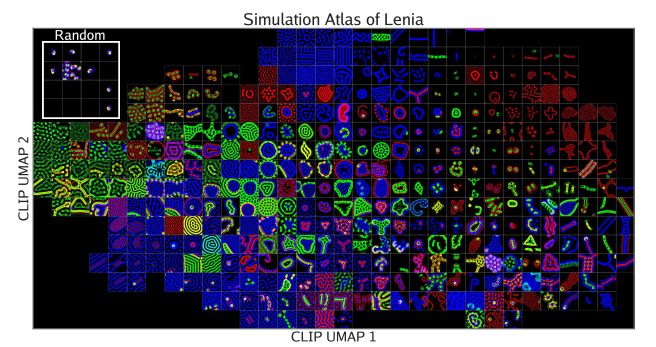
See work done by @risi1979 @drmichaellevin @hardmaru @BertChakovsky @sina_lana + many others
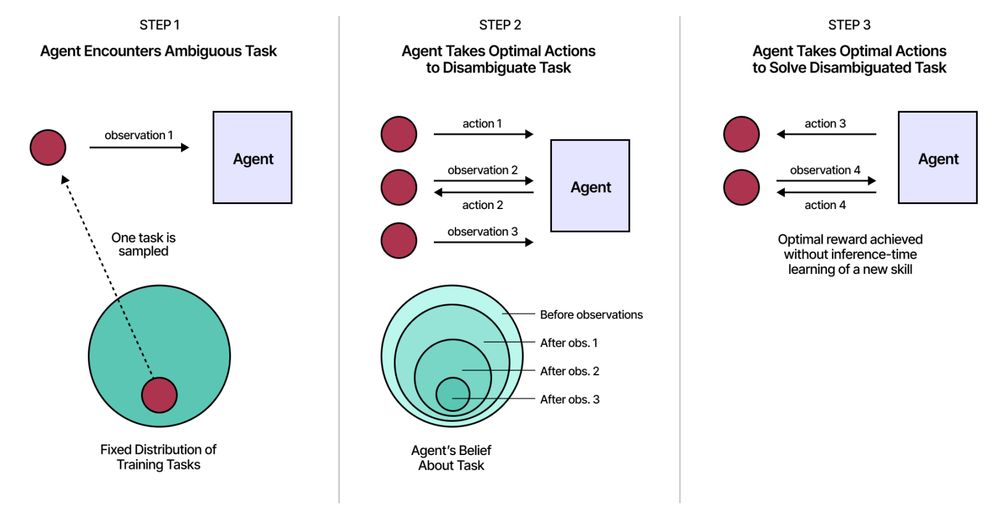
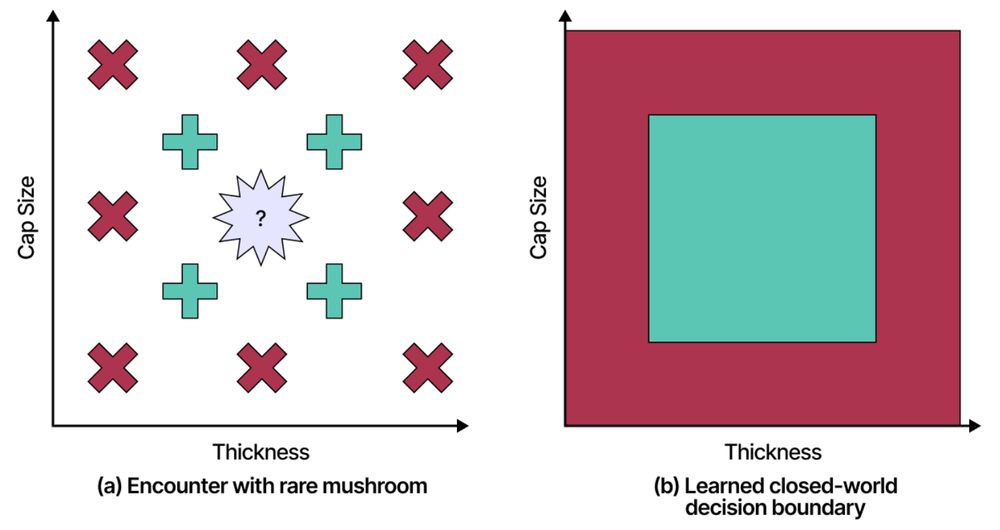
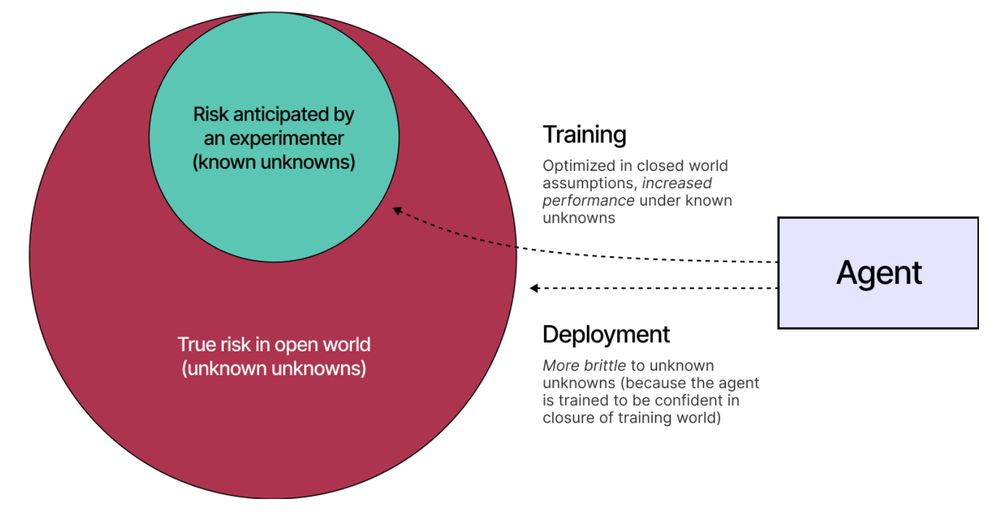
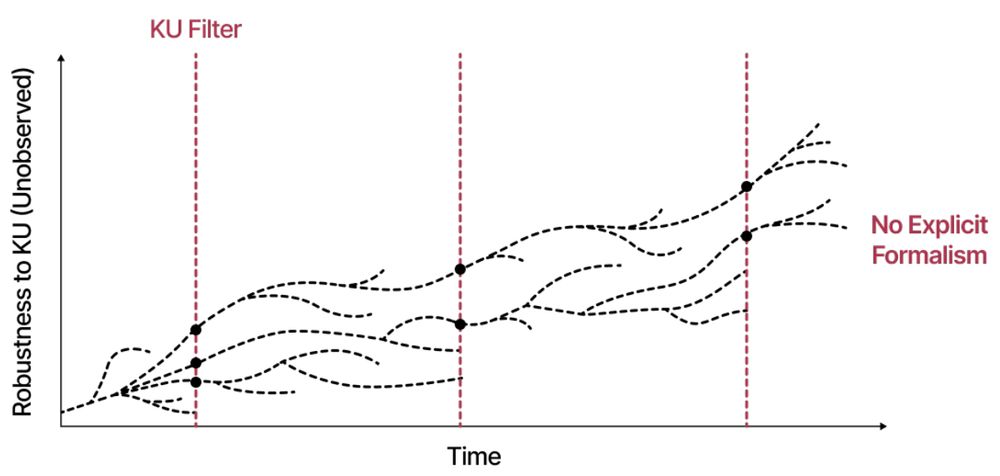



w/ great colleagues Elliot Meyerson, Tarek El-Gaaly, kennethstanley.bsky.social, @tarinz.bsky.social
(more details below)
w/ great colleagues Elliot Meyerson, Tarek El-Gaaly, kennethstanley.bsky.social, @tarinz.bsky.social
(more details below)

